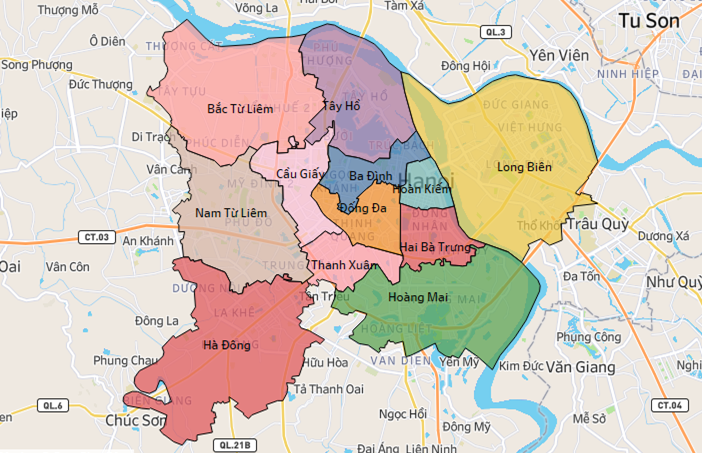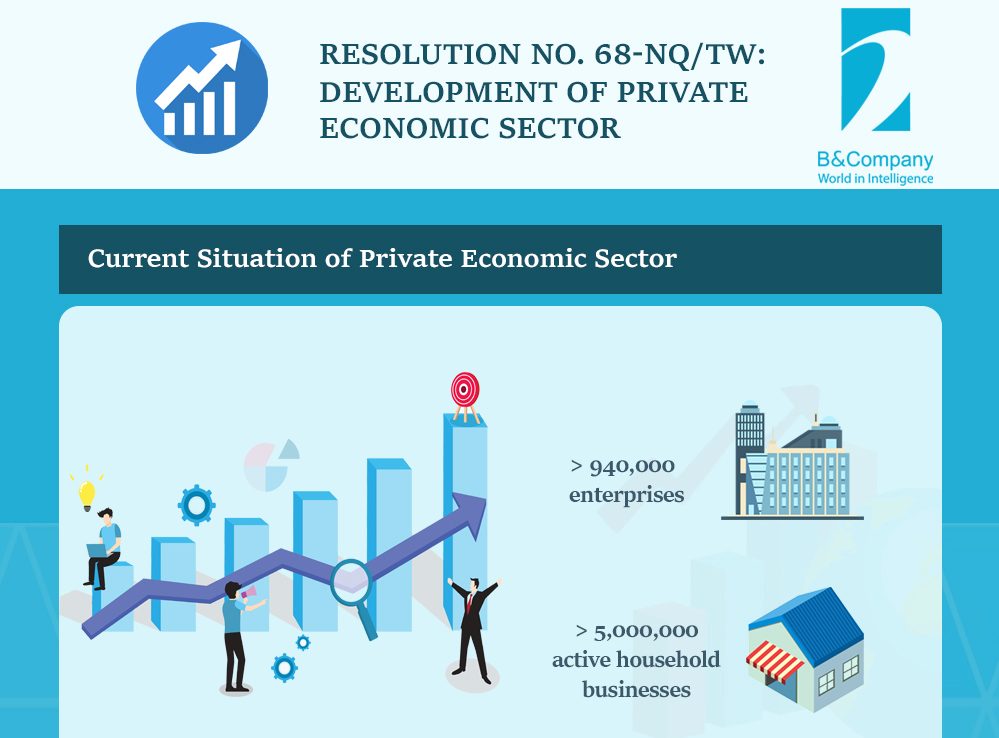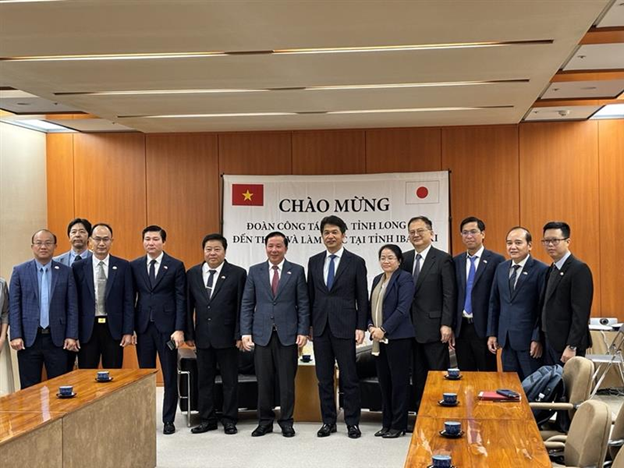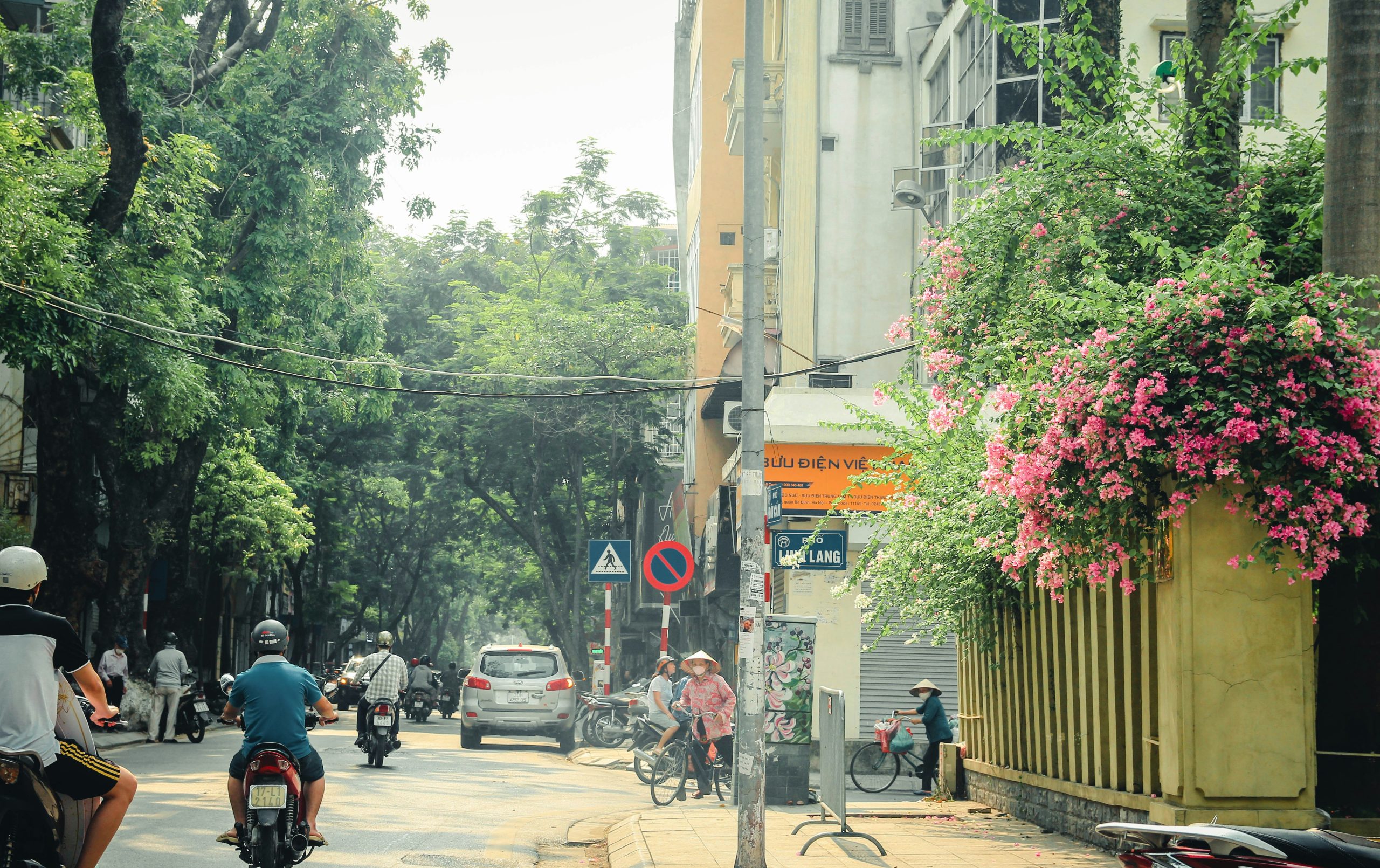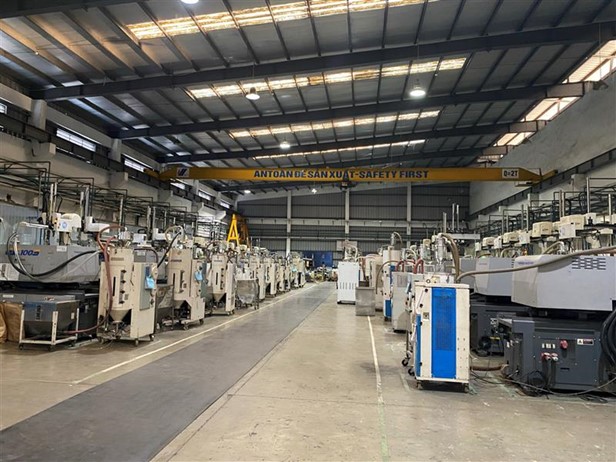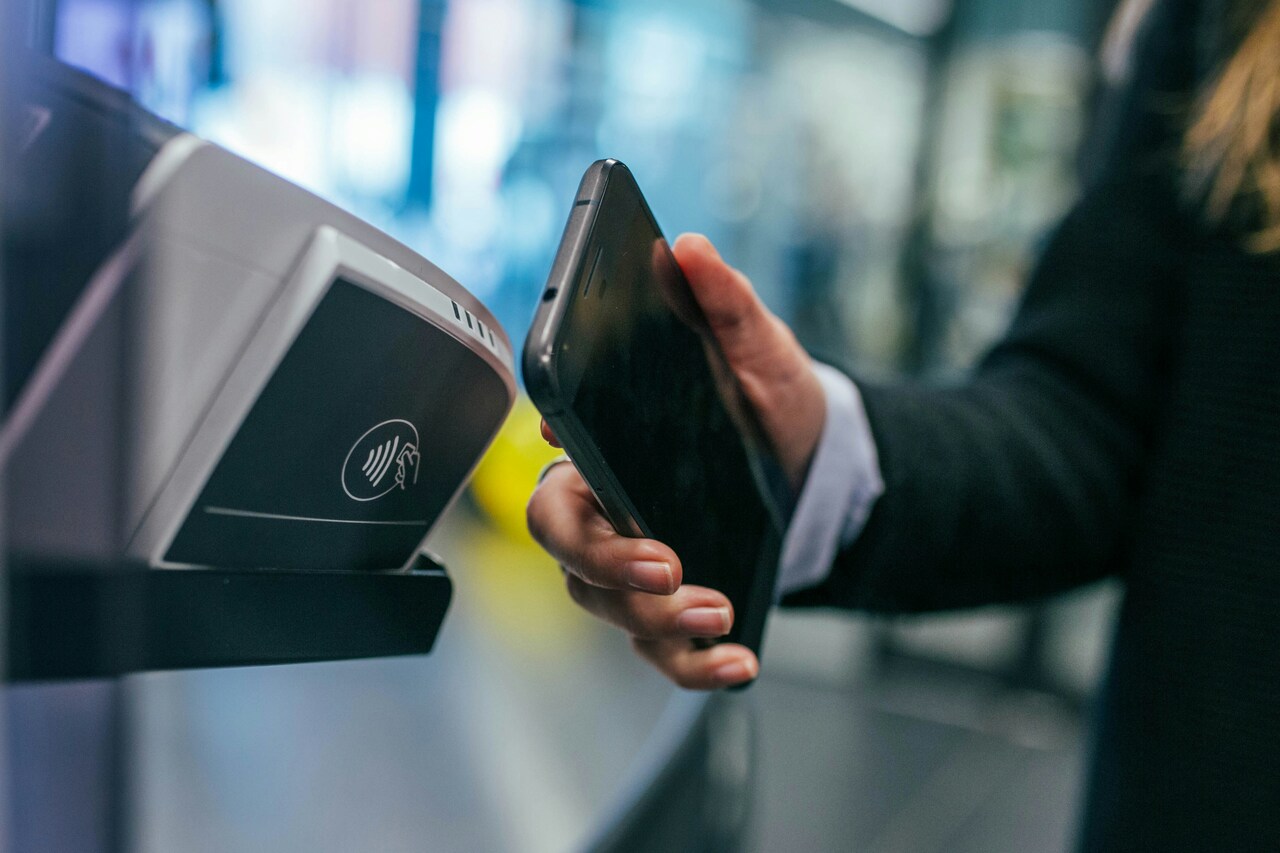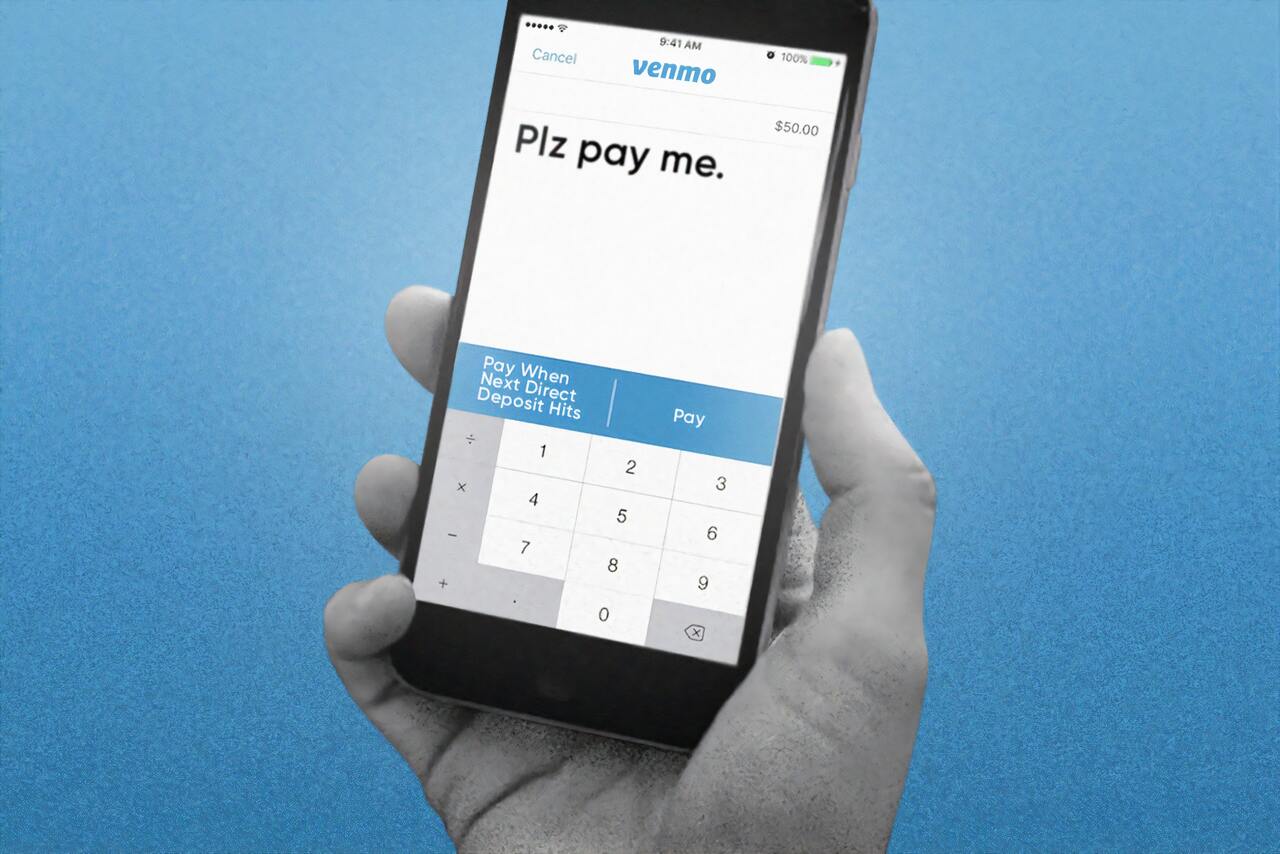
27Nov2025
Latest News & Report / Vietnam Briefing
Comments: No Comments.
Vietnam’s green bond market has grown rapidly, dominated by large corporations and banks, with SMEs accessing capital through green loans from commercial banks. SMEs face persistent barriers, including regulatory uncertainties, complex lending procedures, and limited expertise. These obstacles restrict SME participation in the sustainable finance ecosystem. For foreign investors, particularly DFIs, opportunities lie in bundled investments combining capital with technical assistance to build SME capacity, enabling effective green fund disbursement and supporting Vietnam’s inclusive green transition.
Market overview
Green bond is a debt instrument whose proceeds are used to finance or refinance “green” projects: those that contribute to environmental sustainability, climate mitigation or adaptation. These bonds share similar structural features with conventional bonds (e.g., fixed interest, scheduled repayment), but come with added transparency and accountability: issuers are expected to clearly allocate proceeds to eligible green projects, report on their use, and often engage external reviewers to verify impact[1].
In 2016, Vietnam piloted its first green bond issuances in Ho Chi Minh City and Ba Ria-Vung Tau. By 2018, green bonds formally entered the Vietnamese market, though issuance remained modest and mostly from local governments. From 2019 onwards, corporates such as Vinhomes (Vingroup) and Vietnam Electricity (EVN) began to issue. By 2022, EVN Finance became the first issuer in Vietnam to structure its green bond under the ICMA Green Bond Principles[2]. In 2025, VPBank issues its first Vietnam green bond (USD 300 million) to the international market[3].
Vietnam’s green bond market has experienced significant growth in recent years, with total issuances increasing from just USD 284 million during 2016-2020 to approximately USD 1.4 billion by June 2024[4]. Despite this rapid expansion, the market remains relatively small when considering the financial need for Vietnam’s green transition. It is estimated that for the green transition in the Vietnamese energy sector, USD 368 billion will be required[5]. This gap highlights the need to mobilize green capital and further develop green financing mechanisms to support Vietnam’s climate goals and sustainable economic growth.
Main green bond issuances in 2024 and 2025
The recent wave of green bond issuances in 2024–2025, led by major financial institutions (BIDV, Vietcombank, VPBank) and large corporates relating to water treatment ( IDI Group, Biwase Long An, Hoa Binh – Xuan Mai Clean Water), shows the tendency of large, well-capitalized entities participating in the market. All bonds adhered to the International Capital Market Association (ICMA)’s Green Bond Principles.
| No. | Issuer | Issuance date | Reference standard | ||
| 1 | BIDV | Sept 2024 | 3,000 | 5 | ICMA |
| 2 | IDI Group | Oct 2024 | 1,000 | 8 | |
| 3 | Vietcombank | Nov 2024 | 2,000 | 2 | |
| 4 | Biwase Long An | Nov 2024 | 700 | 10 | |
| 5 | Hoa Binh – Xuan Mai Clean water | Nov 2024 | 875 | 20 | |
| 6 | VPBank | Sep 2025 | USD 300 Million | 5 |
*VPBank issues green bond to the international market using USD Million
Source: B&Company’s synthesis
Small and medium-sized enterprises (SMEs) remain absent from the list of direct issuers. Their role in the green-finance chain is instead indirect, primarily accessing green-bond capital through bank lending, as green bonds issued by commercial banks distribute their capitals into environmentally aligned projects. However, many SMEs face substantial challenges in accessing green loans. These difficulties stem from complicated lending procedures, high compliance and verification costs, and the stringent requirement to prove that their projects meet green standards. Additionally, SMEs often lack sufficient capacity and resources to navigate these procedures smoothly. As a result, many smaller businesses struggle to fully benefit from the green bond-financed credit channels, limiting their participation in Vietnam’s growing green finance ecosystem. This highlights the need for targeted support mechanisms to enhance SME access to green credit and enable more inclusive, sustainable development.
Difficulties for Vietnamese SMEs when accessing green bond capital
Small and Medium enterprises account for the majority of Vietnamese businesses. They are the main force for the nationwide application of sustainable practices, which contribute to the long-term sustainability targets. However, they face multiple barriers when accessing green loans.
Regulatory Challenges
The first significant barrier for SMEs in accessing green loans lies in the evolving legal framework, particularly the green taxonomy. Until recently, a detailed, nationally accepted green classification for each industry was absent, creating uncertainty among banks. This lack of clarity made banks reluctant to lend to SMEs due to fears of “greenwashing” (the risk that loans might be granted to projects falsely labelled as green[6]).
In July 2025, with the issuance of Decision 21/2025/QĐ-TTg, Vietnam formally established its first legally binding green taxonomy. This taxonomy defines environmental criteria and classifies 45 project types across 7 sectors eligible for green finance[7]. This decision sets clear environmental criteria and verification procedures, providing a more solid foundation for banks to confidently extend green credit. As newly published, the current taxonomy covers fewer sectors than what exists in reality, necessitating continued updates to better align with evolving green technologies and market conditions[8].
Complicated and costly procedure
Secondly, the lending procedure itself presents multiple challenges. SMEs often struggle with the lack of tangible collateral because they typically have insufficient traditional assets like land for loan guarantees[9]. Moreover, the valuation of “green assets” such as rooftop solar panels is more complex and less standardized compared to conventional assets. This complexity complicates banks’ risk assessments and lending decisions. Additionally, SMEs bear high costs related to compliance, monitoring, and third-party verification to meet the green loan requirements[10]. These additional financial and administrative burdens can offset the economic benefits that government incentives aim to provide, making green loans less accessible and less attractive for SMEs.
SMEs lack relevant expertise and support
SMEs generally lack expertise and support in navigating the complexities of green finance. Common limitations in SMEs, such as insufficient understanding of ESG criteria, a limited approach to sustainability standards, and a shortage of skilled personnel, hinder their ability to successfully negotiate green loans. Low awareness of green credit exists among SMEs. Scarce access to advisory services and training exacerbates these difficulties, leaving SMEs at a disadvantage compared to larger firms with specialized teams[11]. In this situation, the involvement of international financial institutions and development banks will play a vital role, providing expertise and commitment to sustainable development.
Business implications for foreign investors
In the context of Vietnam’s early-stage green bond market and evolving regulatory framework, foreign investors face both promising opportunities and significant challenges. The market shows strong growth potential, particularly as green finance becomes a strategic national priority set by the government[12]. This development enhances transparency and investor confidence, making it a fertile ground for sustainable investments. However, foreign investors must prepare for market imperfections and regulatory inconsistencies, especially concerning SMEs that currently have limited capacity to meet green loans standards and face high costs and procedural complexities.
For foreign investors, engagement in the Vietnamese green bond market at this stage requires a long-term perspective beyond immediate financial returns. Rather than solely purchasing bonds from Vietnamese financial institutions and banks, organizations such as development finance institutions (DFIs) should prioritize bundled investments that include Technical Assistance (TA) programs. These TA initiatives can fund SME training packages, enabling banks to effectively disburse green capital to smaller businesses and avoid struggling to lend them out due to SME capacity gaps.
Foreign players, particularly DFIs, can directly empower Vietnamese SMEs by sponsoring capacity-building programs alongside their capital commitments to enhance financial inclusion. For instance, British International Investment’s $50 million commitment to VPBank supports Vietnam’s green energy transition through advisory services that enhance SME lending readiness[13]. Similarly, the Asian Development Bank and the State Bank of Vietnam led a technical assistance project to boost financial inclusion by training SMEs on ESG compliance and green project preparation, ensuring banks can channel green bond proceeds effectively[14]. This approach can address SME knowledge gaps, mitigate greenwashing risks, and unlock broader market participation, fostering inclusive sustainable development.
* If you wish to quote any information from this article, please kindly cite the source along with the link to the original article to respect copyright.
| B&Company
The first Japanese company specializing in market research in Vietnam since 2008. We provide a wide range of services including industry reports, industry interviews, consumer surveys, business matching. Additionally, we have recently developed a database of over 900,000 companies in Vietnam, which can be used to search for partners and analyze the market. Please do not hesitate to contact us if you have any queries. info@b-company.jp + (84) 28 3910 3913 |
[1] Climate Bonds Initiative, How to Issue Green Bonds, Social Bonds and Sustainability Bonds (https://asianbondsonline.adb.org/green-bonds/pdf/How%20to%20Issue%20Guide%20Vietnamese%20FINAL%20PRINT.pdf)
[2] Environment Magazine, Issuing green bonds in Viet Nam – Situation and recommendation (https://tapchimoitruong.vn/chuyen-muc-3/phat-hanh-trai-phieu-xanh-tai-viet-nam-thuc-trang-va-khuyen-nghi-31767)
[3] VPBank, VPBank pioneers in successfully issuing 300 million USD in international sustainable bonds (https://www.vpbank.com.vn/tin-tuc/thong-cao-bao-chi/2025/vpbank-tien-phong-phat-hanh-thanh-cong-300-trieu-usd-trai-phieu-ben-vung-quoc-te)
[4] The Ministry of Finance, Current situation of green finance market in Vietnam (https://mof.gov.vn/vien-chien-luoc/nghien-cuu-va-trao-doi-1/mofucm332024)
[5] British International Investment, British International Investment commits $50m to VPBank, supporting Vietnam’s green energy transition (https://www.bii.co.uk/en/news-insight/news/british-international-investment-commits-50m-to-vpbank-supporting-vietnams-green-energy-transition/)
[6] 2025 International Symposium on Climate, Finance, and Sustainability, Climate Debt Instruments in Vietnam: Evaluating Green Finance Landscape and Innovation towards Climate Resilience (https://iscfs2025.sciencesconf.org/641923/document)
[7] Decision Number 21/2025/QĐ-TTg (https://thuvienphapluat.vn/van-ban/Tien-te-Ngan-hang/Quyet-dinh-21-2025-QD-TTg-xac-nhan-du-an-dau-tu-thuoc-danh-muc-phan-loai-xanh-650735.aspx)
[8] The Saigon Times, Green Taxonomy is issued, what next? (https://thesaigontimes.vn/phan-loai-xanh-da-co-tiep-theo-la-gi/)
[9] Vietnam News, SME development fund in need of reforms (https://vietnamnews.vn/economy/1730058/sme-development-fund-in-need-of-reforms.html)
[10] VTG Securities, Barriers for businesses on the journey to green credit (https://vtgs.vn/nhung-rao-can-cua-doanh-nghiep-tren-hanh-trinh-toi-voi-tin-dung-xanh/)
[11] 2025 International Symposium on Climate, Finance, and Sustainability, Climate Debt Instruments in Vietnam: Evaluating Green Finance Landscape and Innovation towards Climate Resilience (https://iscfs2025.sciencesconf.org/641923/document)
[12] Vietnam Economics News, Promoting green finance: Vietnam on the journey to sustainable development (https://congthuong.vn/thuc-day-tai-chinh-xanh-viet-nam-tren-hanh-trinh-phat-trien-ben-vung-361230.html)
[13] British International Investment, British International Investment commits $50m to VPBank, supporting Vietnam’s green energy transition (https://www.bii.co.uk/en/news-insight/news/british-international-investment-commits-50m-to-vpbank-supporting-vietnams-green-energy-transition/)
[14] VnEconomy, ADB & Switzerland to improve SME access to finance (https://en.vneconomy.vn/adb-switzerland-to-improve-sme-access-to-finance.htm)







